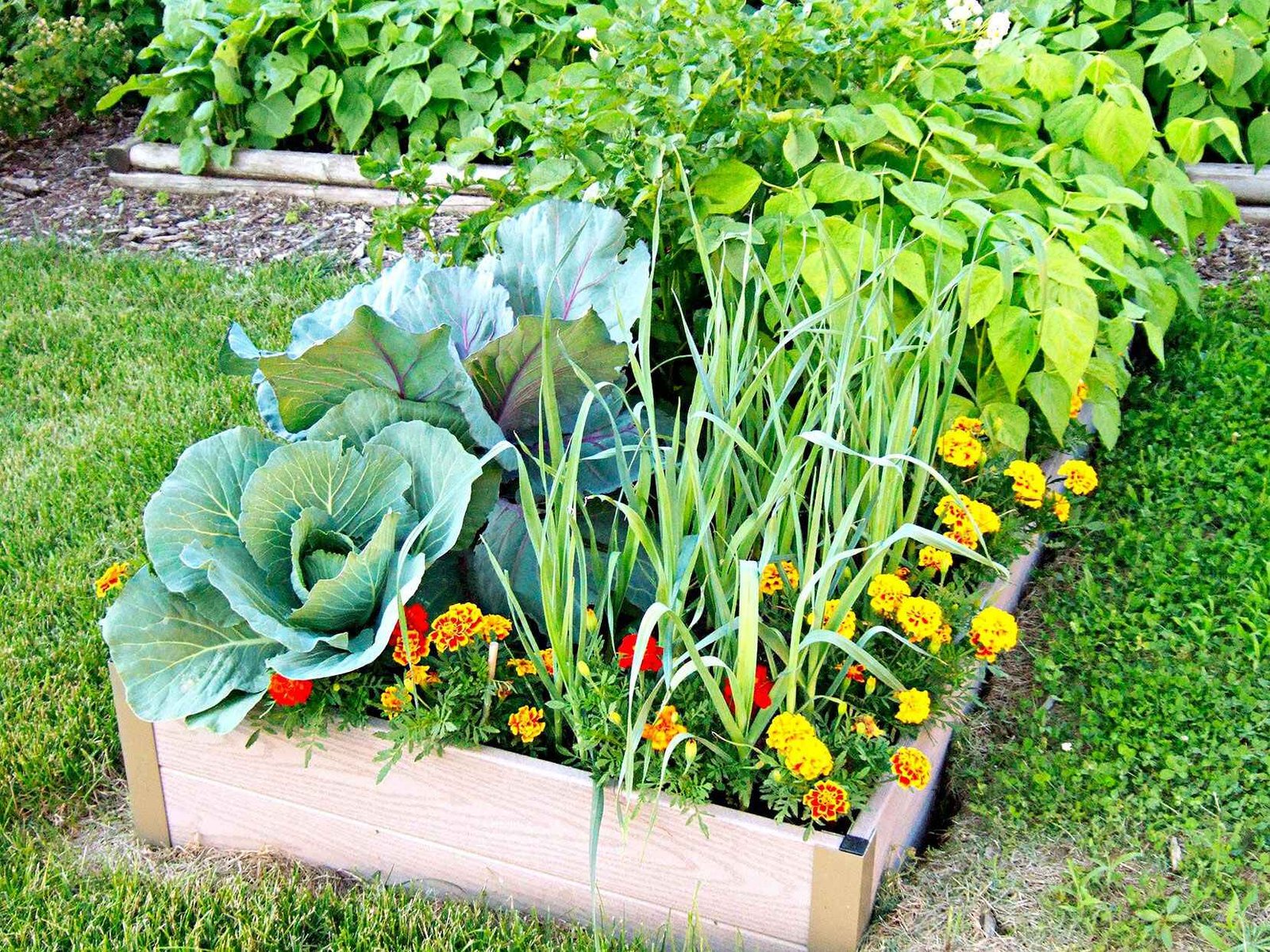Introduction
Starting a vegetable garden is an exciting and rewarding endeavor for beginners to embark upon. Whether you have a spacious backyard or only a small balcony, growing your own vegetables can provide you with fresh produce, environmental benefits, and even therapeutic stress relief. This beginner’s guide will walk you through the essential steps to your very own vegetable garden.
Benefits of Starting a Vegetable Garden
Before diving into the specifics, it’s essential to understand the numerous benefits that come with starting a vegetable garden. Firstly, growing your vegetables allows you to have fresh and organic produce at your fingertips. Not only does this save money in the long run, but it also ensures that you know exactly what goes into your food. Additionally, gardening is a fantastic way to reduce your carbon footprint, promote biodiversity, and improve air and soil quality.
Planning Your Vegetable Garden
Proper planning is crucial for a successful vegetable garden. Begin by assessing how much space you have available, whether it’s a small patch of land or containers on a balcony. Consider factors like sunlight exposure and accessibility when deciding where to plant your garden. Sketch out a rough plan, including the types of vegetables you want to grow and their specific planting requirements.
Preparing the Soil for Your Vegetable Garden
The foundation of a thriving vegetable garden lies in healthy soil. Start by clearing the area of any debris, rocks, or weeds. Then, loosen the soil with a garden fork and amend it with compost or organic matter to improve its fertility and drainage. Testing the soil’s pH level is also beneficial to ensure optimal growing conditions for your chosen vegetables.
Choosing the Right Vegetables for Your Garden
Selecting the right vegetables for your garden is crucial to maximize space, cater to your climate, and suit your personal preferences. Prioritize easy-to-grow vegetables such as tomatoes, lettuce, and radishes if you’re a beginner. Consider the average temperature, rainfall, and sunlight hours in your region to determine which vegetables thrive best.
Planting Your Vegetable Garden
After preparing the soil and carefully considering the vegetable selection, it’s time to start planting. Follow the recommended spacing and depth for each vegetable type. Remember to water the plants immediately after planting and provide adequate support if needed, such as stakes for vining plants or trellises for beans and peas.
Caring for Your Vegetable Garden
Regular care and attention are essential for a flourishing garden. Water your plants adequately, keeping in mind that different vegetables have varying water requirements. Mulching can help retain moisture and suppress weed growth. Monitor for pests and diseases regularly, taking immediate action to prevent damage. Additionally, consider adding organic fertilizers as needed to provide essential nutrients to your plants.
Maintaining Your Vegetable Garden
Weeding is an ongoing task necessary to maintain the health of your vegetable garden. Regularly check for weeds and remove them promptly to avoid competition for nutrients and space. Pruning or pinching off excess growth can also help promote better productivity in certain plants. Monitor soil moisture and adjust watering accordingly to ensure optimal growth conditions.
Harvesting Vegetables from Your Garden
One of the most rewarding moments in vegetable gardening is harvesting your homegrown produce. Different vegetables have different signs of ripeness, so research prior to harvesting is crucial. Harvest when the vegetables are at their peak maturity, using tools like garden shears or a sharp knife to avoid damaging the plants. Enjoy the flavors of your hard work in delicious, home-cooked meals.
Starting an Organic Vegetable Garden: Tips and Techniques
For those passionate about organic gardening, establishing an organic vegetable garden is a fantastic choice. Opt for natural pest control methods like companion planting, crop rotation, and organic insecticides. Avoid synthetic fertilizers and pesticides, focusing on building healthy soil through composting and using organic fertilizers.
Conclusion
Starting a vegetable garden is a gratifying journey that offers an array of benefits for beginners. By planning, preparing the soil, selecting suitable vegetables, and providing proper care and maintenance, you can create an abundant and sustainable source of fresh produce right at home. Whether it’s a simple container garden or a sprawling backyard plot, your vegetable garden will reward you with delicious flavors and a deep sense of accomplishment. So roll up your sleeves, grab your gardening tools, and start growing your own vegetables today!

